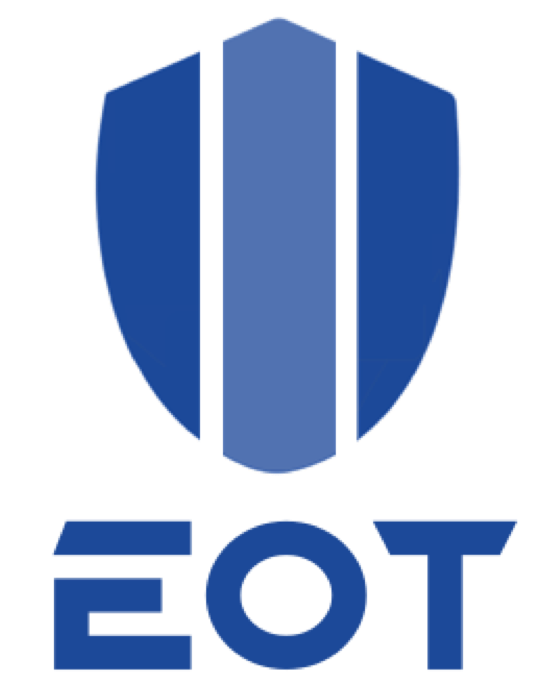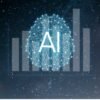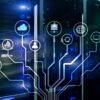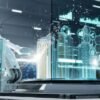- marketing admin
- Articles
In the age of rapid technological advancements, the convergence of Artificial Intelligence (AI) and the Industrial Internet of Things (IIoT) has emerged as a game-changer for industries worldwide. The combination of AI and IIoT brings forth a powerful synergy that holds immense potential to revolutionize how businesses operate, analyze data, and make informed decisions. From enhanced data analytics to predictive maintenance, autonomous systems, and energy efficiency, this transformative union promises to unlock new levels of efficiency, productivity, and innovation. AI and IIoT are reshaping industries and propelling them into a new era of possibilities.Here’s an overview of the convergence and its implications
1. Enhanced Data Collection:
IIoT involves connecting industrial devices, sensors, and equipment to the internet, enabling them to collect and transmit real-time data. This massive amount of data serves as the foundation for AI algorithms, providing them with rich and diverse datasets to learn from.
2. Intelligent Data Analytics:
AI techniques, such as machine learning and deep learning, can analyze the large volumes of data generated by IIoT devices. These algorithms can uncover patterns, correlations, and insights that humans might overlook, leading to improved operational efficiency, predictive maintenance, and optimized decision-making.
3. Predictive Maintenance:
Predictive Maintenance: By combining AI and IIoT, companies can implement predictive maintenance strategies. AI algorithms can analyze sensor data to detect patterns that indicate impending equipment failures or deviations from normal operation. This proactive approach helps minimize unplanned downtime, reduce maintenance costs, and increase overall equipment effectiveness.
4. Autonomous Systems:
The convergence of AI and IIoT enables the development of autonomous systems in industrial settings. AI algorithms can leverage real-time data from IIoT devices to make intelligent decisions and control physical processes without human intervention. This can lead to increased productivity, improved safety, and optimized resource utilization.
5. Energy Efficiency and Sustainability:
AI algorithms can analyze data collected by IIoT devices to identify energy consumption patterns, optimize energy usage, and minimize waste. By continuously monitoring and adjusting systems based on real-time conditions, the convergence of AI and IIoT can contribute to energy efficiency and promote sustainability practices within industries.
6. Quality Control and Fault Detection:
I algorithms can analyze data from IIoT devices to detect anomalies and identify quality issues in real-time. By integrating AI into the production line, manufacturers can improve quality control, minimize defects, and reduce waste.
7. Enhanced Decision-making:
The combination of AI and IIoT enables real-time data analysis and cognitive computing capabilities. This empowers decision-makers with actionable insights to make informed choices swiftly, based on accurate and up-to-date information.
However, the convergence of AI and IIoT also brings challenges such as data security and privacy concerns, interoperability between different systems and devices, and the need for skilled professionals who can develop, implement, and maintain these advanced technologies.
Overall, the convergence of AI and IIoT holds immense potential to revolutionize industries by enabling smarter, more efficient, and autonomous systems that optimize processes, enhance productivity, and drive innovation.





